Ever dropped something soft and watched it flop onto the bed?
Or seen a kimono’s long sleeve hanging gracefully at the sides?
In Japanese, both moments have their own sounds:
Dara (だらっ)
Darari (だらり)
What is “Dara” (だらっ)?
A short, casual sound that suggests something flopping down or hanging loosely for a moment.
Used for:
- Dropping a stuffed animal onto the floor or bed.
- Someone flopping down into a chair.
- Something suddenly going limp.
Nuance:
Quick, soft, slightly comical or careless.
Example:
She dropped the stuffed animal on the bed — dara…!
Pronunciation
dah-rah (short, clipped, with a final soft stop)

What is “Darari” (だらり)?
A longer, continuous expression of something hanging down or trailing softly.
Used for:
- The long sleeve of a kimono trailing to the side.
- Hair or ribbons hanging down loosely.
- A rope, vine, or string drooping downward.
Nuance:
Gentle, lingering, elegant or sometimes weary.
Example:
The long sleeve of her robe trailed quietly — darari…
Pronunciation
dah-rah-ree (longer, drawn out, smooth and trailing)
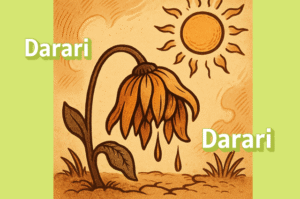
Cultural Note
In English, you might just say “flop” or “hang down.”
But Japanese distinguishes:
- Dara = a quick, soft flop or sudden looseness.
- Darari = a long, continuous droop or trailing form.
This distinction shows up in literature, kimono descriptions, or even manga sound effects.
Examples in Daily Life
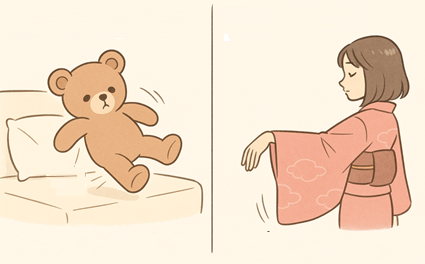
Example 1: Plush flop (Dara)
She dropped the stuffed animal on the bed — dara…!
Example 2: Hanging sleeve (Darari)
The long sleeve of her robe trailed quietly — darari…
Try Using Them!
Noticed long hair trailing down?
Say darari…
Dropped your bag carelessly?
Say dara…!

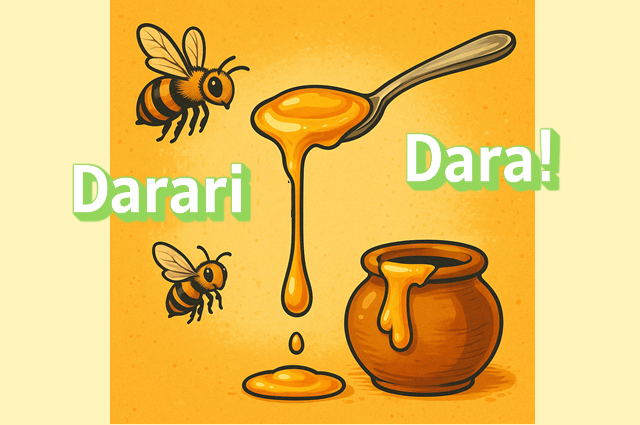

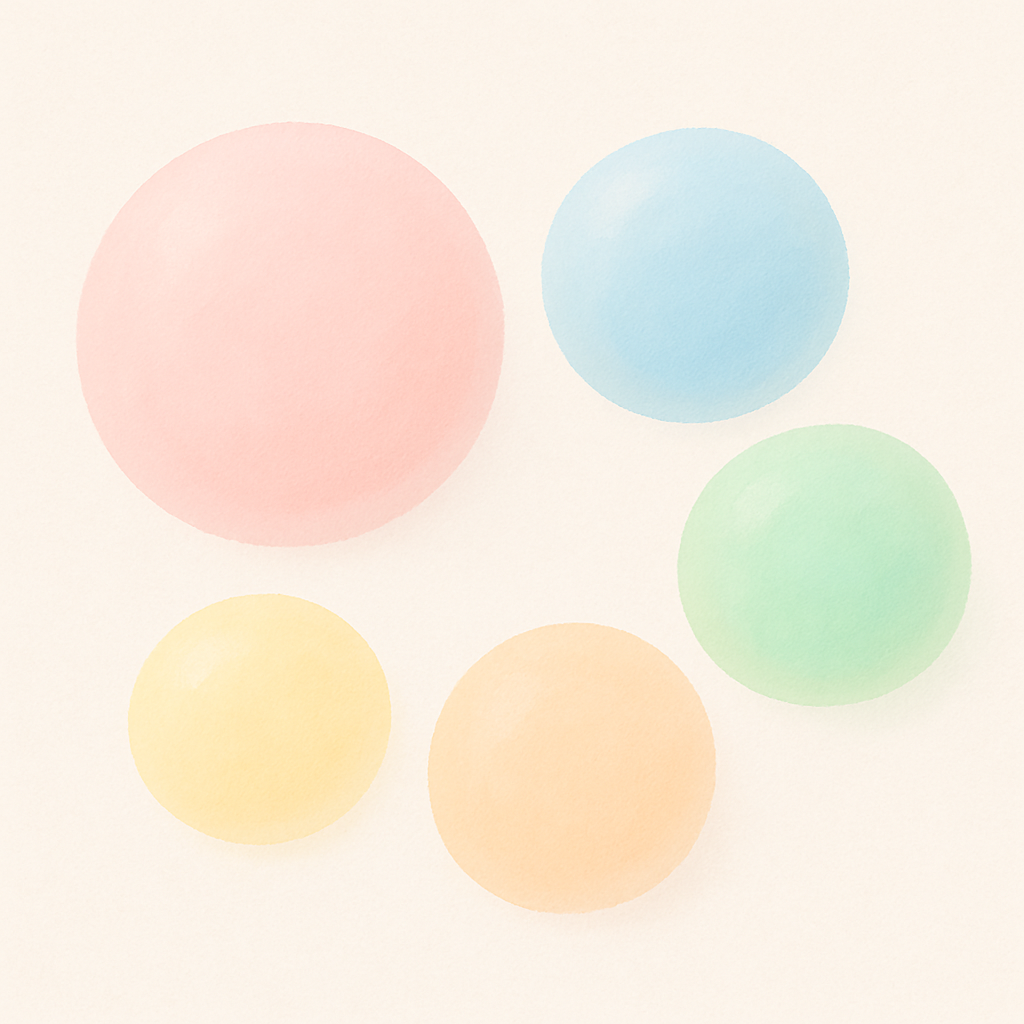







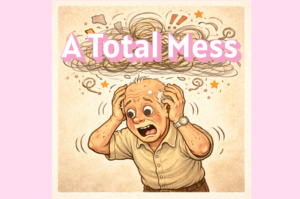

Comments